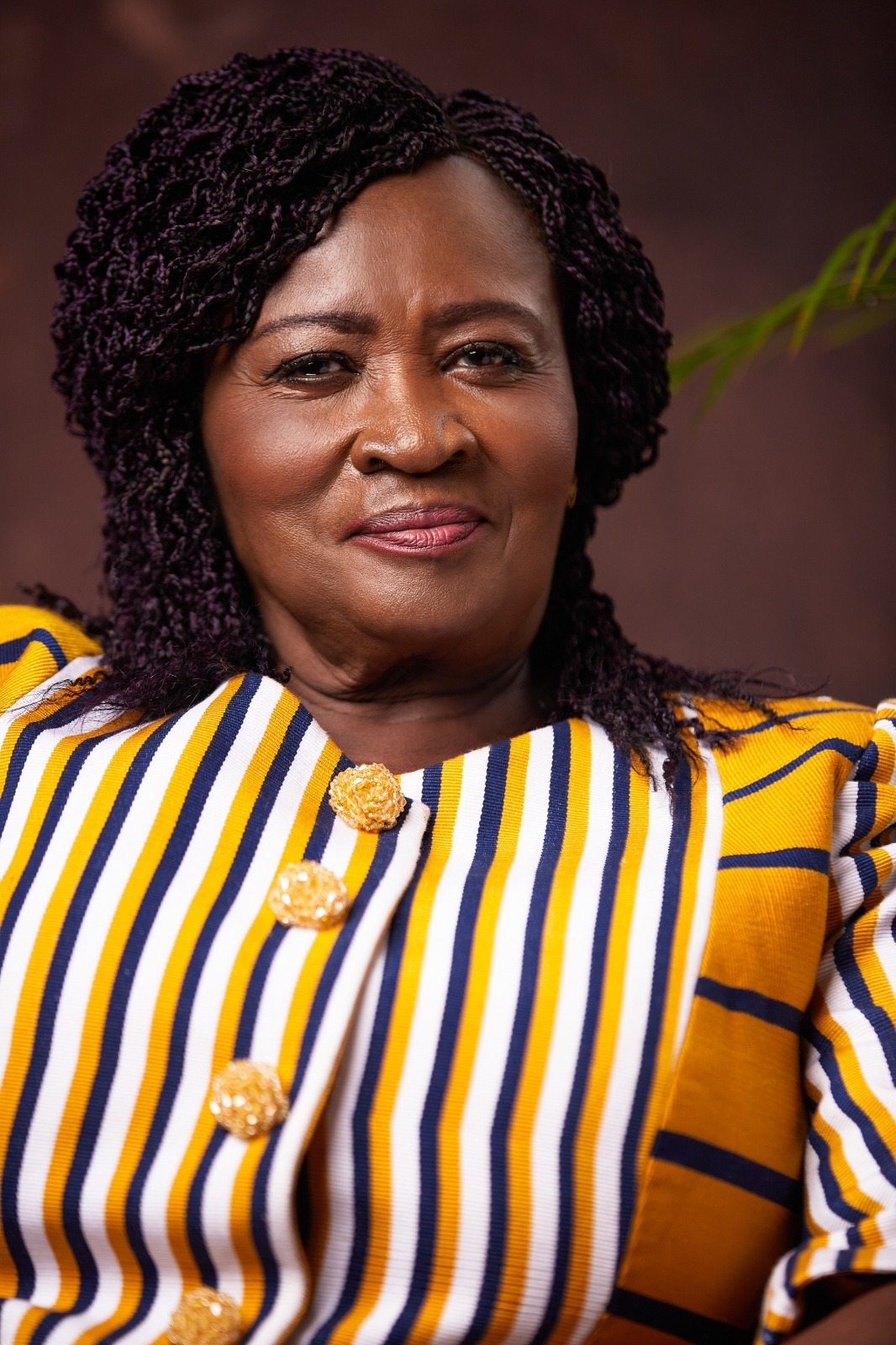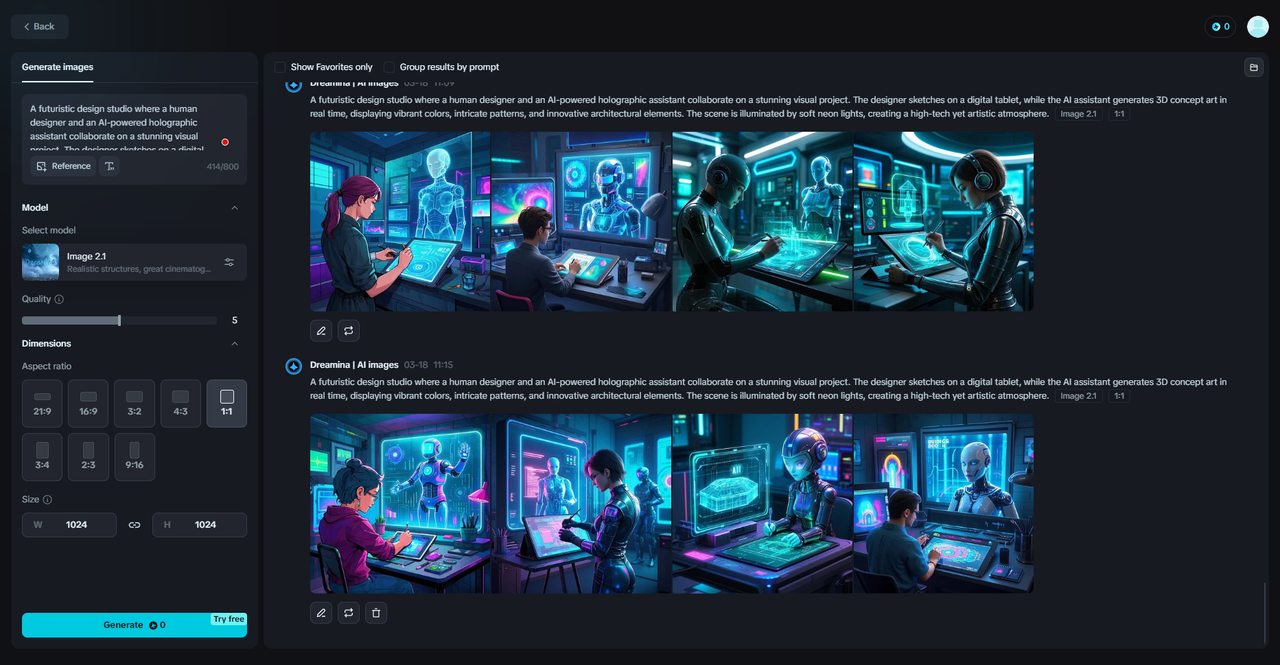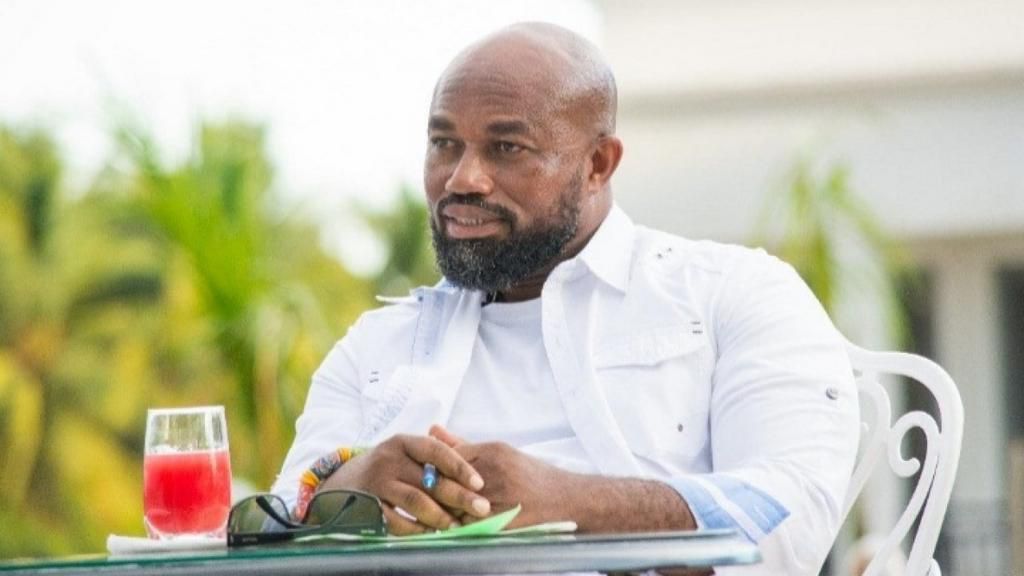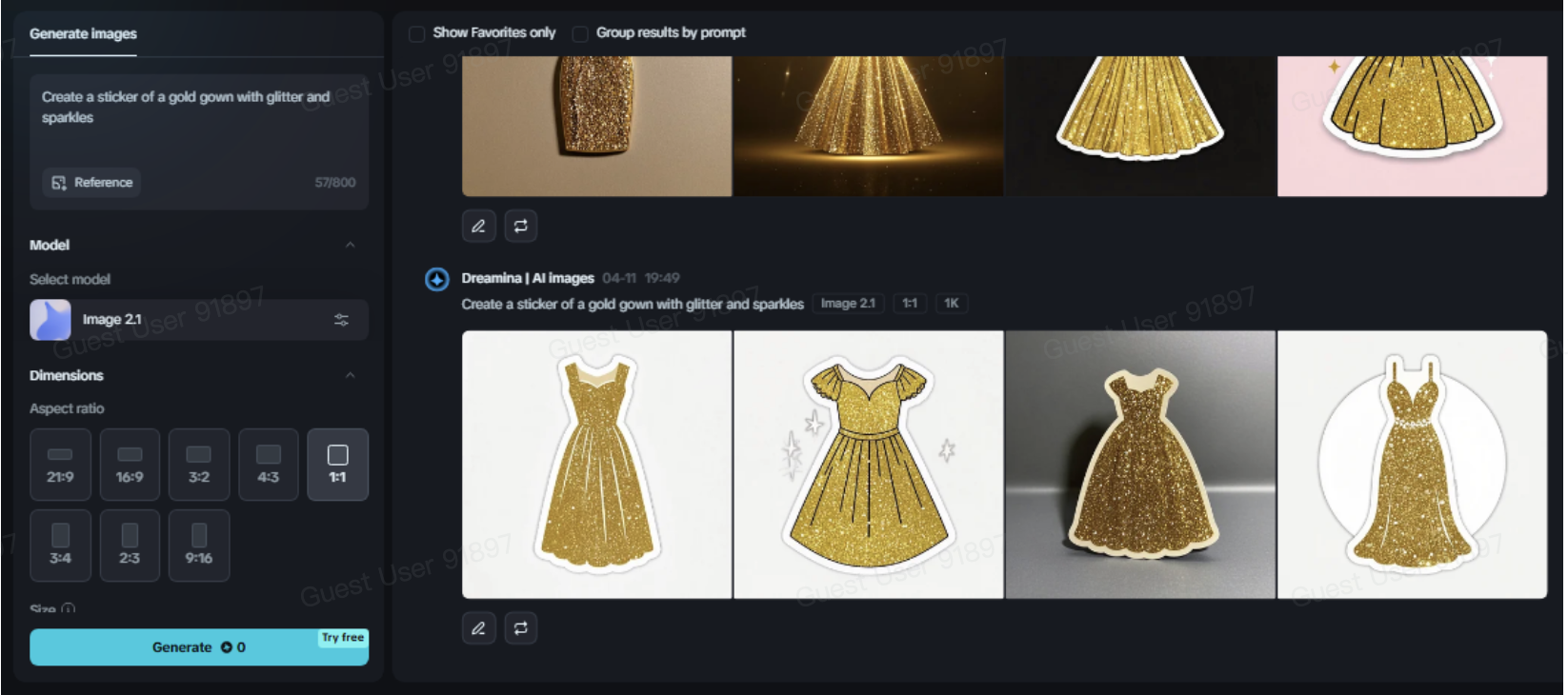
Last Tuesday, January 7, 2024, Ghana made significant history by swearing into office its first female Vive President. Professor Jane Naana Opoku-Agyemang, a distinguished Ghanaian academician, educationist, and politician, was sworn in by another distinguished female Chief Justice of the land, Gertrude Araba Esaaba Sackey Torkornoo.
The new Vice President of Ghana is by no means a renowned trailblazer and advocate. Trailblazer and Advocate. She is celebrated for breaking barriers for women in leadership and is an advocate for education, gender equity, and social justice. She was the first female Vice-Chancellor of the University of Cape Coast (UCC), serving from 2008 to 2012.
Her nomination as a vice-presidential candidate in 2020 was historic, inspiring many Ghanaian women and signalling progress in women’s representation in politics. Her legacy continues to inspire both in academia and politics, showcasing the potential for transformative leadership.
Her legacy continues to inspire both in academia and politics, showcasing the potential for transformative leadership. An accomplished scholar, she holds degrees in English and Education and has made significant contributions to African and postcolonial literature.
Her work in academia includes promoting gender equity and access to education, especially for underrepresented groups.
In politics, she has served as Ghana’s Minister for Education under John Dramani Mahama’s presidency from 2013 to 2017. During her tenure, she implemented policies aimed at improving access and quality in education, including abolishing teacher trainee allowances to reallocate resources toward expanding education infrastructure.
She has led transformational Education Policies in the country as the Minister who distinguished herself by exhibiting an understanding of the education sector to design and implement policies that focus on expanding access to quality education at all levels, enhancing teacher training and professional development. By these Naana as affectionately known could leverage her deep knowledge and experience to improve the lives of the people of Ghana, especially in education and more especially promoting (Science, Technology, Engineering, and Mathematics (STEM ) education, especially for girls.
She has a strong track record of advocating for inclusive education and social programmes, which could be scaled up to address inequality. She could spearhead initiatives to improve rural education, healthcare access, and infrastructure for social development and Inclusion.
Professor Jane Naana Opoku-Agyemang’s desire to lead advocacy for Gender Equity would be highly boosted with her new position. She has over the years advocated for women in leadership. It is highly anticipated that she will champion policies that promote gender equality in government, education, and the workplace and also advocate for programs that empower women and girls, ensuring they have access to education, leadership training, and economic opportunities.
Most of her university students hail her for her unique leadership style which is characterised by integrity, inclusivity, and collaboration. This could contribute to effective governance and decision-making.
By focusing on skills training and technical education, she is expected to help the government tackle youth unemployment, ensuring that young Ghanaians are equipped with the skills needed for the modern workforce.
With so much exposure, the respected academic and public figure is expected to foster stronger international partnerships in education, research, and development, drawing global attention to Ghana’s progress and challenges.
It is also believed that her unique blend of intellectual rigour, administrative experience, and advocacy for equity positions her as a dynamic leader capable of driving meaningful change in government.
Professor Jane Naana Opoku-Agyemang is uniquely qualified to take on special assignments on the international stage especially in African politics due to her expertise in governance, education, gender equity, and diplomacy by enhancing and displaying her advocacy traits for Education Reform Across Africa.
Championing initiatives to improve access to quality education, especially for girls and underprivileged communities, across the continent and using her experience as Ghana’s Minister of Education to help standardise and modernise education systems in Africa, ensuring alignment with global trends and local needs.
Naana Opoku Agyemang is capable of using her symbolic and practical experience as a female trailblazer to inspire and guide efforts to increase women’s participation in leadership across the continent.
The many intra and inter-political party quarrels, as well as international conflicts, are some of the issues to gain the focus of the new Vice President. Her collaborative leadership style mediates political conflicts fosters reconciliation and promotes stability through dialogue and educational opportunities, focusing on long-term peacebuilding strategies.
The new Vice President of Ghana is widely recognised as the first female running mate of a major political party in Ghana’s history, serving as the vice-presidential candidate for the National Democratic Congress (NDC) in the 2020 general elections, alongside former President John Dramani Mahama.
Professor Naana Jane Opoku-Agyemang’s new role in serving in a new government brings to bear her wealth of experience in education, leadership, and governance would make her a valuable asset. Here’s what she could bring on board:
The new Vice President enters a new life arena at the time the Ghanaian woman faces some persistent challenges and systemic barriers that hinder her progress and full potential in various aspects of life. While Ghanaian women have made significant strides in leadership, education, and business, women’s representation in politics and governance remains low, with few occupying top positions. They still face numerous obstacles, including, gender Inequality and patriarchal norms which constitute traditional gender roles which often place women in subordinate positions, limiting their access to leadership and decision-making opportunities.
The income gap between males and females appears to be widening. Women, on average, earn less than men for the same work and are more likely to be employed in low-paying, informal sectors. Women entrepreneurs face difficulties accessing credit and resources to scale their businesses. Cultural and legal barriers often restrict women’s rights to own or inherit land in some cases. While primary education rates for girls have improved, many still drop out at the secondary or tertiary levels due to financial constraints, early marriage, or societal pressures.
Today maternal mortality has comparatively improved yet maternal health issues persist, particularly in rural areas with limited healthcare facilities. Ghana has limited access to sexual and reproductive health services contributes to issues like unplanned pregnancies and unsafe abortions.
Domestic violence especially against women has no end in sight. Many women face gender-based violence, including domestic abuse, sexual harassment, and harmful traditional practices like child marriage and female genital mutilation (FGM) (in some areas). While laws exist to protect women, enforcement is often weak, leaving victims without justice.
Ghana has made progress in empowering women, but more targeted efforts are needed, such as strengthening Laws. Enforcing existing laws against violence and discrimination.
Increase access to credit, skills training, and job opportunities for women. By addressing these systemic issues, Ghanaian women can better realise their full potential and contribute to national development.
Professor Naana Jane Opoku Agyemang’s leadership marks a historic moment for Ghana and a beacon of hope for millions of women and girls across Africa and beyond. She is a testament to resilience, courage, and the boundless potential of women to lead and inspire transformative change. As she embarks on this remarkable journey, her success is not just for her but rather it is a victory for generations who have dreamed of this moment.
She must stay true to her vision of a Ghana where equality, justice, and opportunity flourish. Her tenure must be defined by humility, wisdom, and boldness to help tackle the challenges our nation faces.
The hopes of Ghanaian women, men, and youth are with her, and the world watches with admiration and expectation. She now holds the power to redefine leadership, not just in Ghana, but on the global stage.
BY NANA SIFA TWUM (PHD)
The post All hail the first female Veep of Ghana – Naana Opoku-Agyemang appeared first on Ghanaian Times.
Read Full Story
















Facebook
Twitter
Pinterest
Instagram
Google+
YouTube
LinkedIn
RSS